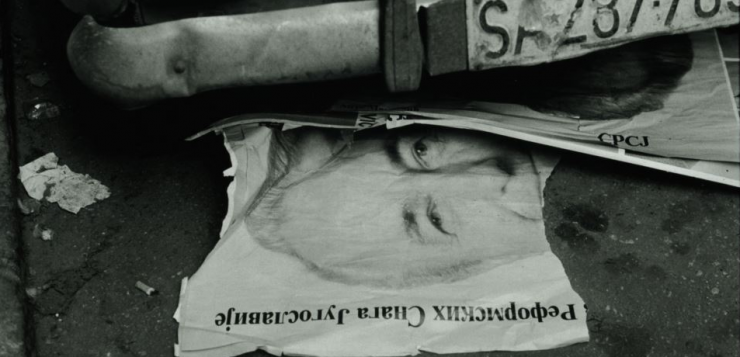Southeast European and Black Sea Studies (Vol. 14, Number. 4, pp. 607–625)
Nenad Stojanović
Abstract:
In 1990, according to polls, 7 out of 10 citizens of Bosnia and Herzegovina were against ethnic parties. Yet, 75% of voters ended up voting for one of the three main ethno-nationalist parties. In no other post-communist country, including other former Yugoslav republics, did ethnic parties receive such large support in the first democratic elections. In Croatia, for example, in the 1990 elections the Croatian ethnic party Hrvatska demokratska zajednica gathered 42% and the Serb ethnic party Srpska demokratska stranka gathered only 2% of the vote. Were Bosnians and Herzegovinians already that much ethno-nationalistically oriented in 1990? The article rejects this thesis and purports to explain the voting behaviour of the Bosnian electorate by using the prisoner’s dilemma theoretical framework. It concludes by arguing that the problem of collective action could have been addressed via a pre-electoral referendum on a ban of ethnic parties – a ban which had been actually adopted by the then-ruling Communist party, but was eventually overturned by the Constitutional Court of Bosnia and Herzegovina
Read the whole article here.
